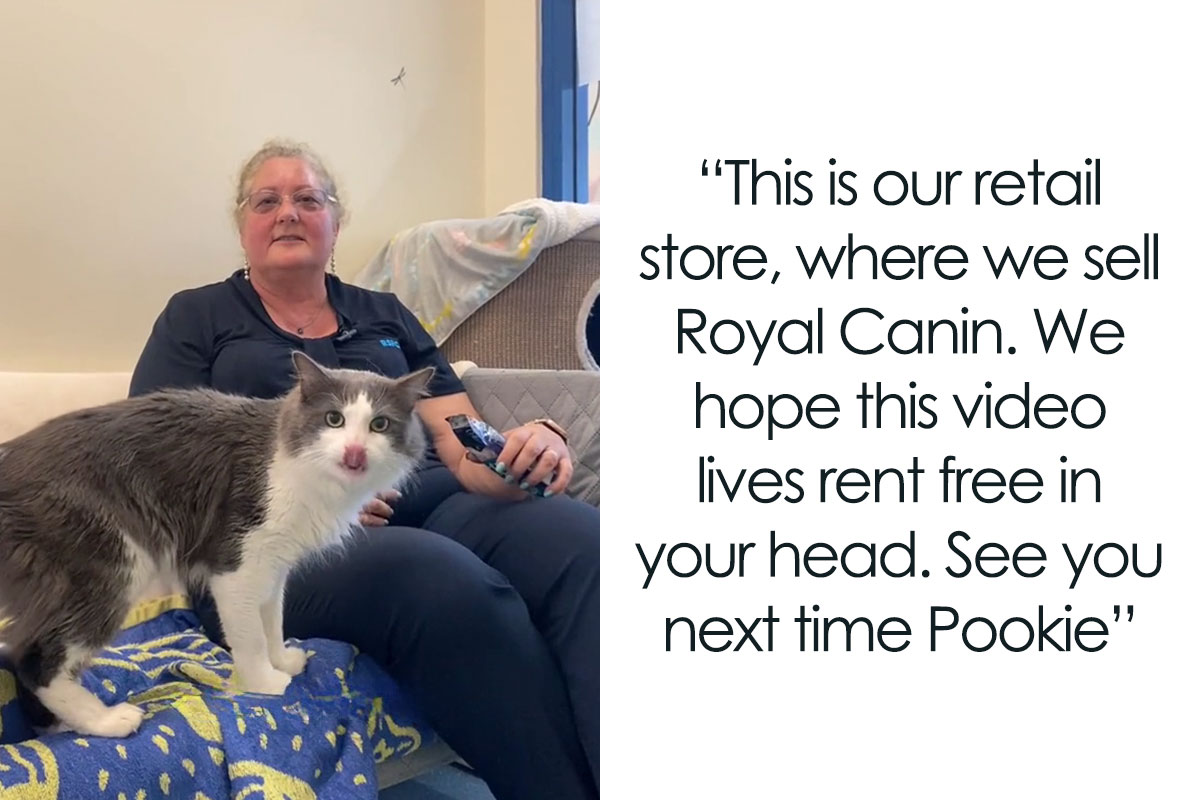
Netizens Can’t Get Enough Of Animal Charity “Letting Gen Z Colleague Write The Marketing Script”
Interview With ExpertEvery generation has its own slang, typically not understood by the generation that came before it. When slang is misused, it’s a clear signal that the person who misspoke is out of touch, trying too hard to fit in, or ‘doing too much’.
So, when a prominent Australian animal charity decided to invite their Gen Z colleague to write the script for their marketing video, the jury was out on how it would do. Well, the video was posted on TikTok, and netizens seemingly can’t get enough of it.
More info: Reddit
Slang separates generations, but for a longstanding Australian animal charity it’s pure fire
Image credits: rspcawa
After getting a Gen Z colleague to write the script for their marketing video, the charity’s employees dutifully stuck to it and it went viral
You never know what’s going to go viral or make it into the meme hall of fame. But you can be sure that, if it’s truly funny, interesting, or of the moment, it probably has a shot at catching the internet’s interest.
For Australian animal shelter RSPCAWA, they might not have been aiming for viral success, but they sure got it when they invited their Gen Z colleague to write the script for their latest marketing video.
Image credits: rspcawa
Despite being a boomer, the star of the video handled the Gen Z slang flawlessly
Featuring Sarah, who could be referred to as of the older generation, other employees of the charity organization, and a few dogs, the video is an awesome juxtaposition of old and young, peppered throughout with lingo aimed squarely at the Gen Z demographic and delivered by brilliantly deadpan Sarah.
Roughly translated, the script reads as follows:
“RSPCA WA has been around for 130 years, no lies. Notice the attractive uniform. We have 11 inspectors who are all female. Very female empowered. Our inspectors regularly catch people doing something wrong. This cat is exceptional. He’s the epitome of feline grace. Notice our volunteers interacting with the dogs. Very considerate. Very mindful. Very cute and wholesome. They’re very modest.”
Image credits: rspcawa
The video quickly charmed the internet, drawing praise from viewers the world over
It goes on:
“Can we get some praise in the comments section for this handsome boy? This is our wellness walk for the dogs that are having mental breakdowns. This is the volunteer shed. They are the greatest of all time. This is our retail store where we sell Royal Canin. We hope this video gets stuck in your head. See you next time, dear friend.”
The origins of slang can be traced back to the earliest stages of human language development, with slang evolving as a dynamic and natural part of linguistic expression.
Typically, it emerges from informal speech and is used to create a sense of identity, solidarity, or exclusivity within specific social collectives. So it’s natural then that every generation has its own form of language that’s of its time.
Image credits: Kindel Media / Pexels (not the actual photo)
Whether it was intended as satire or not, the results were, as Gen Z might say, “bussin”, no cap
Historically, slang has been used by marginalized groups as a way of distinguishing their speech from that of the upper class. In colonial and multicultural societies, it typically developed from the blending of languages.
Often associated with resistance to standard or formal language, subcultures and young people have used it to counter established norms and even express alternative ways of thinking.
In her article for Gabb, Jackie Baucom provides an (almost) up-to-date list of slang terms used by Gen Z. Of course, the list is always growing and shifting, so what was ‘bussin’ yesterday may be seen as ‘mid’ today. This can make it difficult for parents to keep up.
Image credits: freepik / Freepik (not the actual photo)
Slang is one of the oldest linguistic expressions, and in this video, it just hits different
In an article for Deseret, Hanna Seariac writes that the internet has shaped Gen Z slang in many ways, but some of the more apparent ones are how abbreviations are used. In a digital age full of texting and messaging, abbreviations are a shorthand way of conveying information efficiently — this terminology has entered speech and become slang.
Gen Z slang is also shaped by meme culture, GIFs, and social media trends. Since TikTok can lead to videos going viral in seconds, it makes sense that slang would evolve at a faster pace. An example of this is the term “rizz.” According to Business Insider, the term “rizz,” which is an abbreviated form of the word “charisma,” rose to popularity in part because of a single TikTok video.
Speaking like a Gen Zer involves more than just using the appropriate slang terms, though – you don’t want to come across as “cheugy” (a millennial trying to sound trendy) by throwing out the terms randomly.
Watch the full video here
@rspcawa Sarah understood the assignment 💅🏼 #genz #rspcawa #shelter #shelterlife #fyp ♬ original sound – RSPCA Western Australia
According to his article for Forbes, Jack Kelly claims that one of the most significant shifts currently happening in the workforce is the rise of Generation Z. As digital natives, Gen Z has no memory of a time before smartphones and social media.
For them, the integration of physical and digital identities has become standard.
This convergence of the (chronically) online and physical self has led to the introduction of a new office vernacular that’s busy reshaping professional communications. Gen Z’s influence on workplace communication blends social media trends, internet culture, and diverse linguistic influences into professional settings, just as we’ve seen happen in the video.
Bored Panda reached out to Tyler Fleming, digital communications coordinator at RSPCA WA, to ask him a few questions.
When we asked him what inspired the organization to create the video using Gen Z slang, Tyler had this to say, “RSPCA WA has been around for over 130 years and our social media audience has always geared toward an older cohort. Our page on TikTok is where we like to flex our creative juices, coming up with content that more appeals toward a younger demographic.”
He added, “We’ve seen some incredibly rapid growth on that platform and found that Gen Z really resonate with us and our mission of better animal welfare. We saw that many older, more traditional businesses have had great success with this trend, so I thought the trend would be a natural thing to incorporate into our content strategy.”
Tyler went on to say that, on TikTok, they like to have entertainment as the forefront for creative since many young people don’t know what the organization does and simply don’t pay attention to traditional promotion methods, so, using Gen Z slang in an entertaining way to explain what they do was the perfect marriage, and it seems to have resonated with many people.
When we asked Tyler if there had been more interest in adopting animals since they posted the video, he responded, “There wasn’t any increase in adoptions however we have noticed our center has been mentioned a lot more across the state, and even some people in England have seen the video.”
Tyler concluded, “The increased visibility has been great and hopefully will help garner more adoptions in the future as we’re now entering kitten season and are preparing for an influx of kittens and mumma cats.”
What do you think of the animal charity’s decision to glow-up their marketing efforts? Do you think more animals will find their forever homes? Let us know your opinion in the comments!
In the comments, there was plenty of good-natured back and forth between viewers and the animal welfare organization, with many praising them for their humorous effort
Image credits: freepik / Freepik (not the actual photo)

 Dark Mode
Dark Mode 

 No fees, cancel anytime
No fees, cancel anytime 


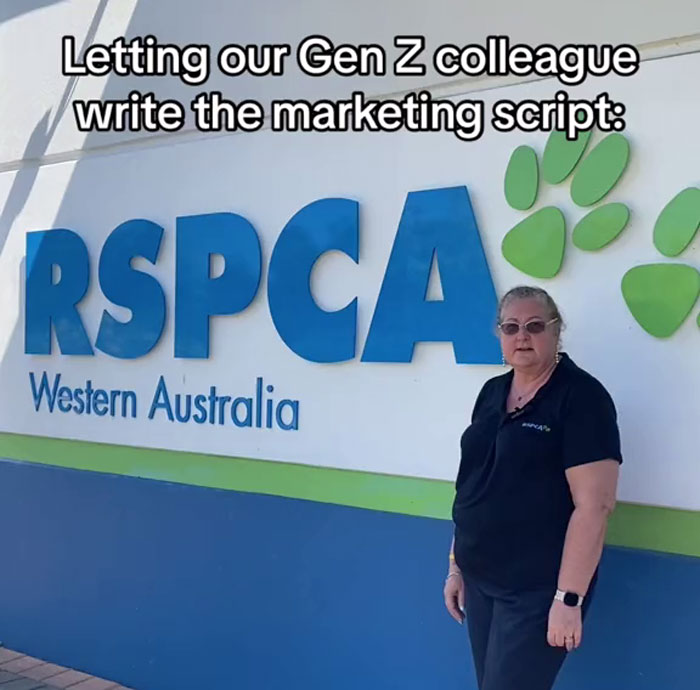
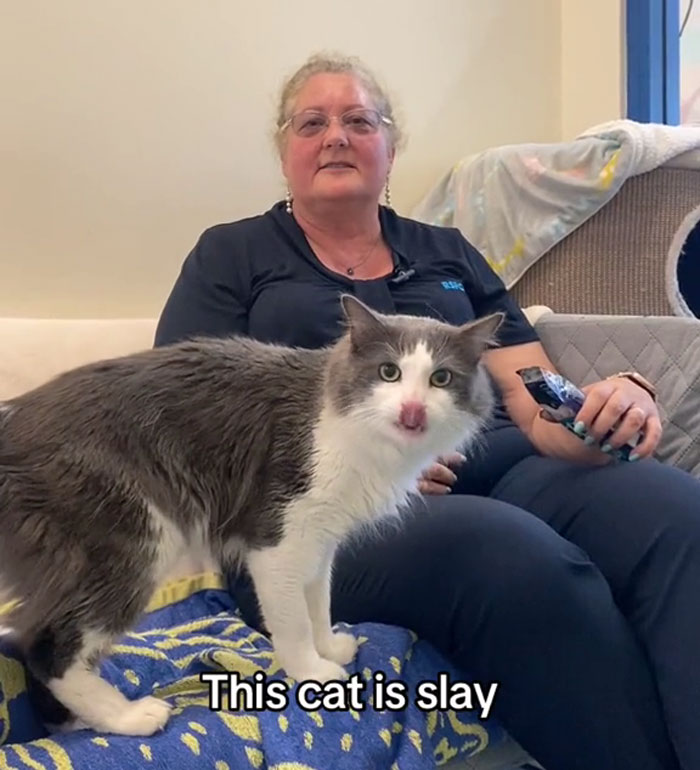
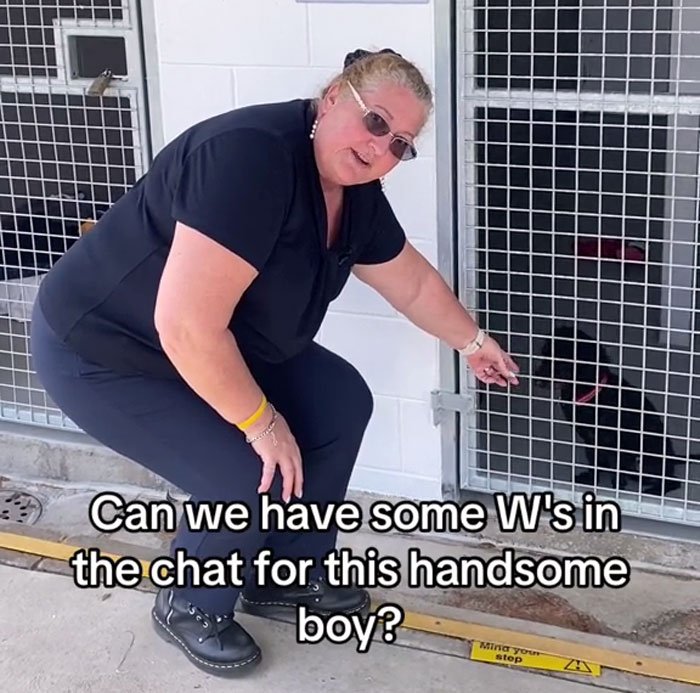

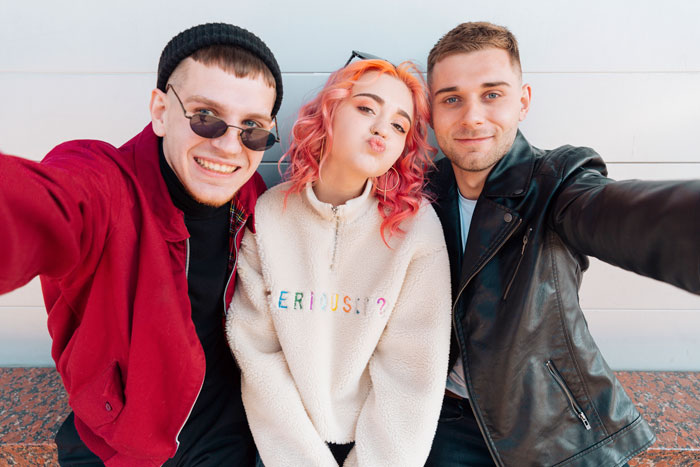






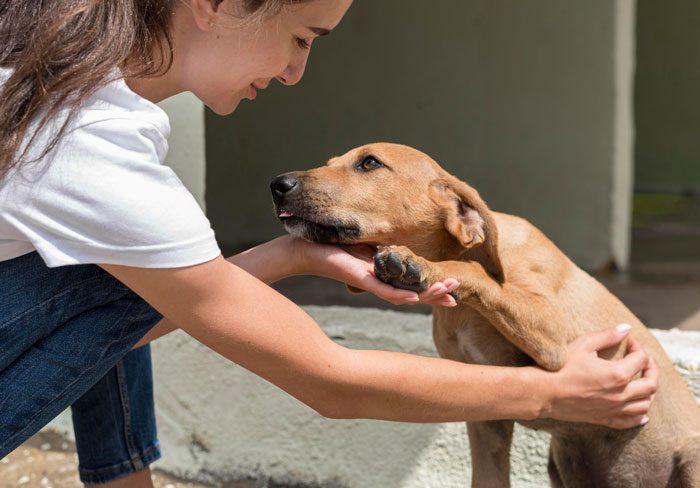
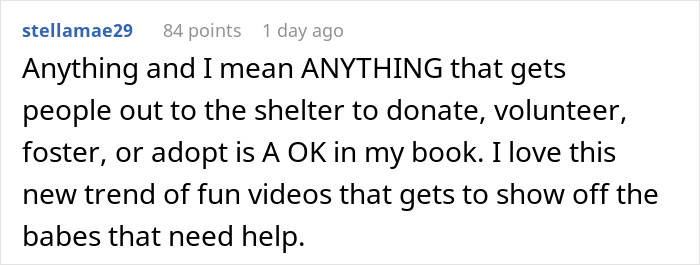



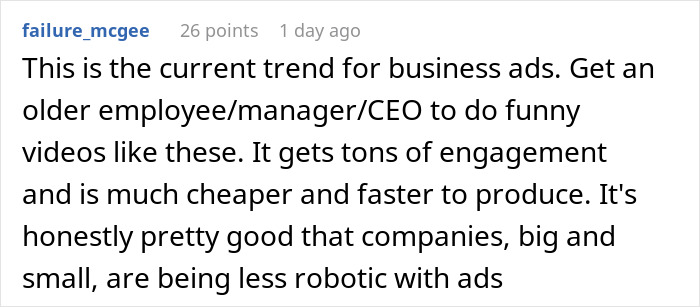








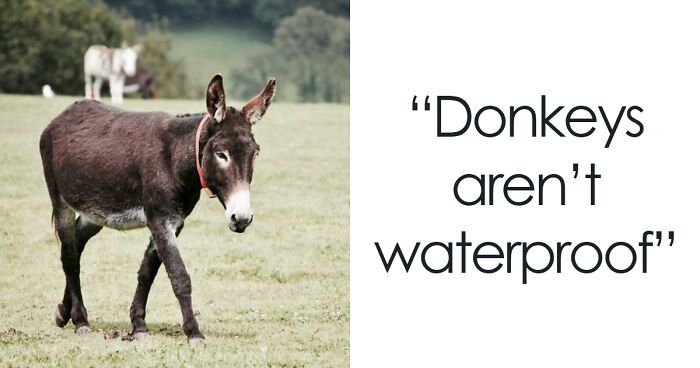

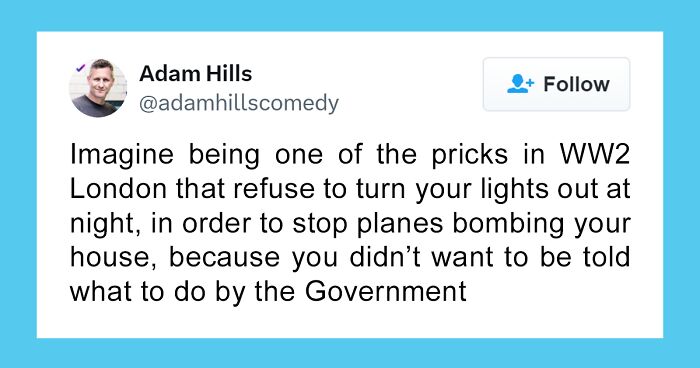
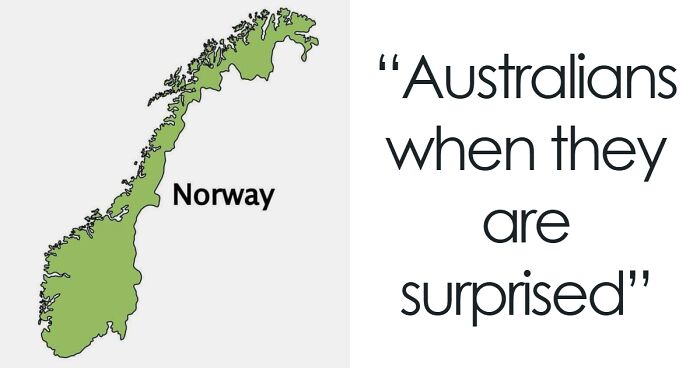

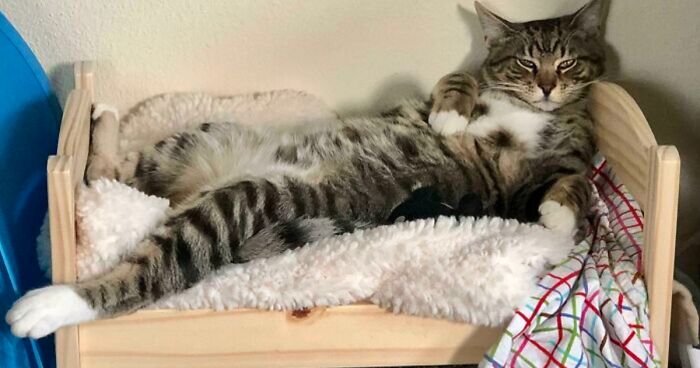
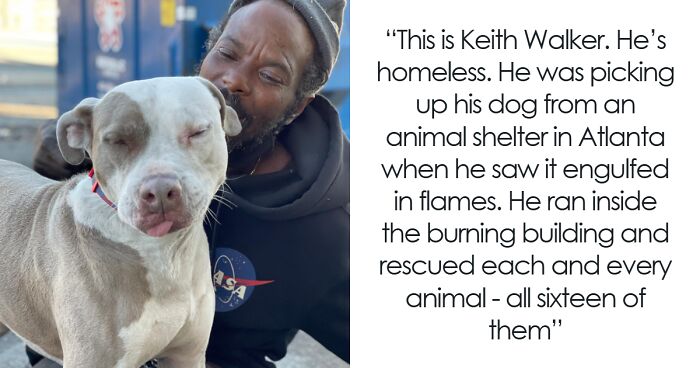
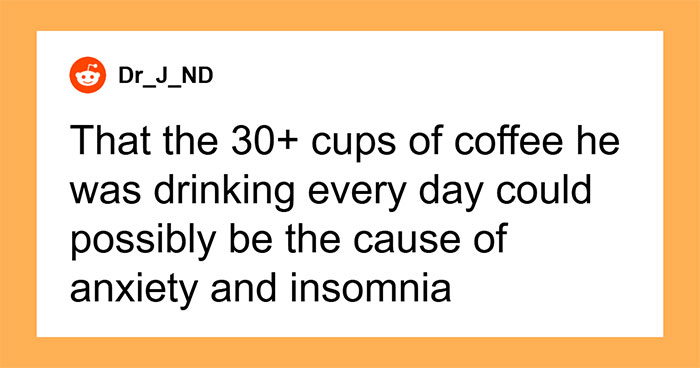
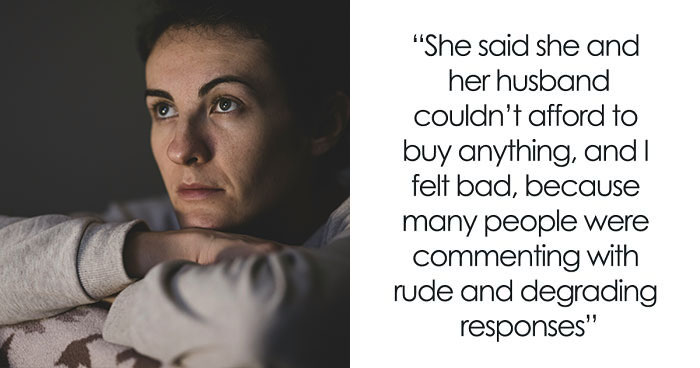
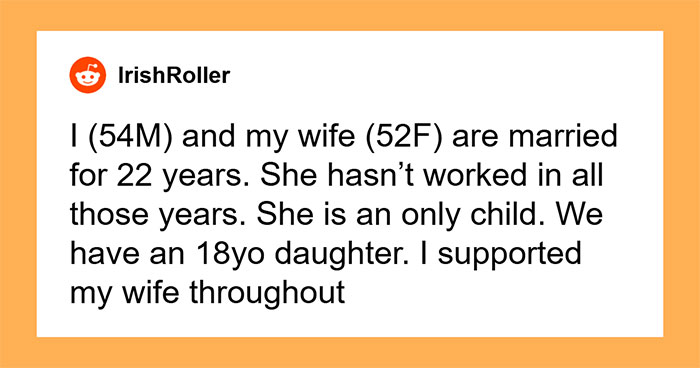
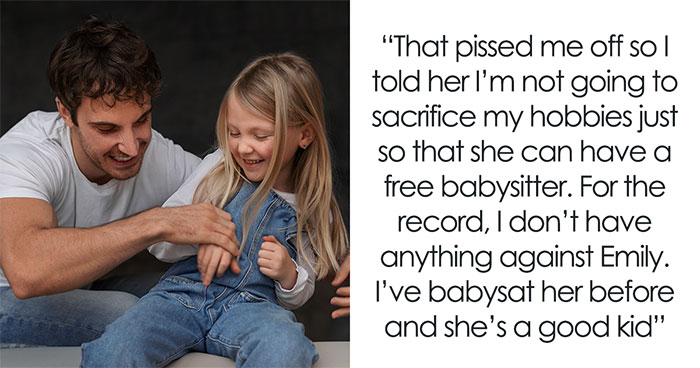

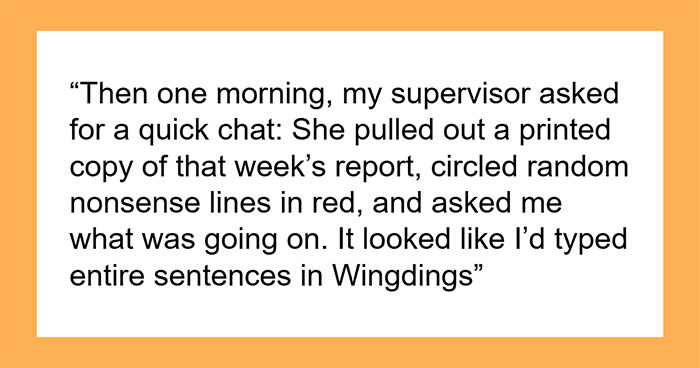

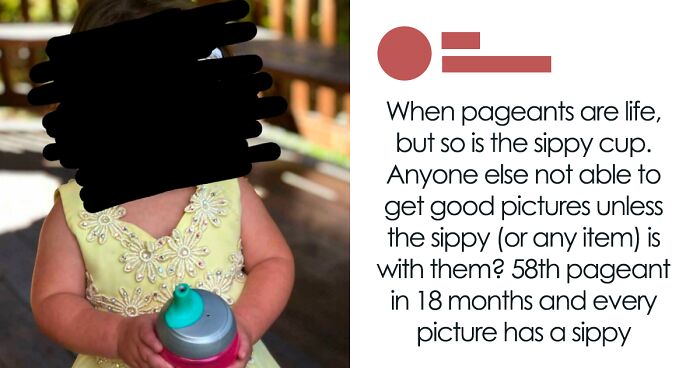



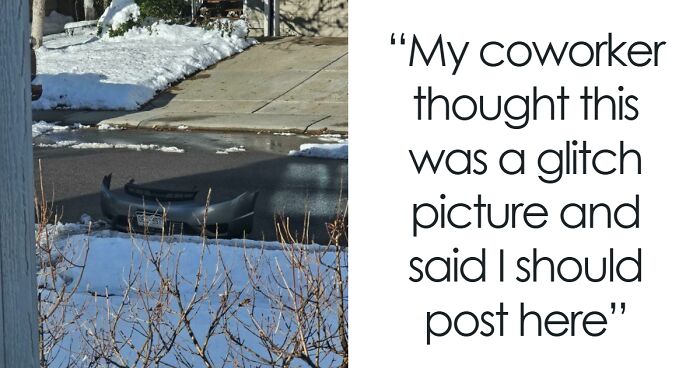
42
9